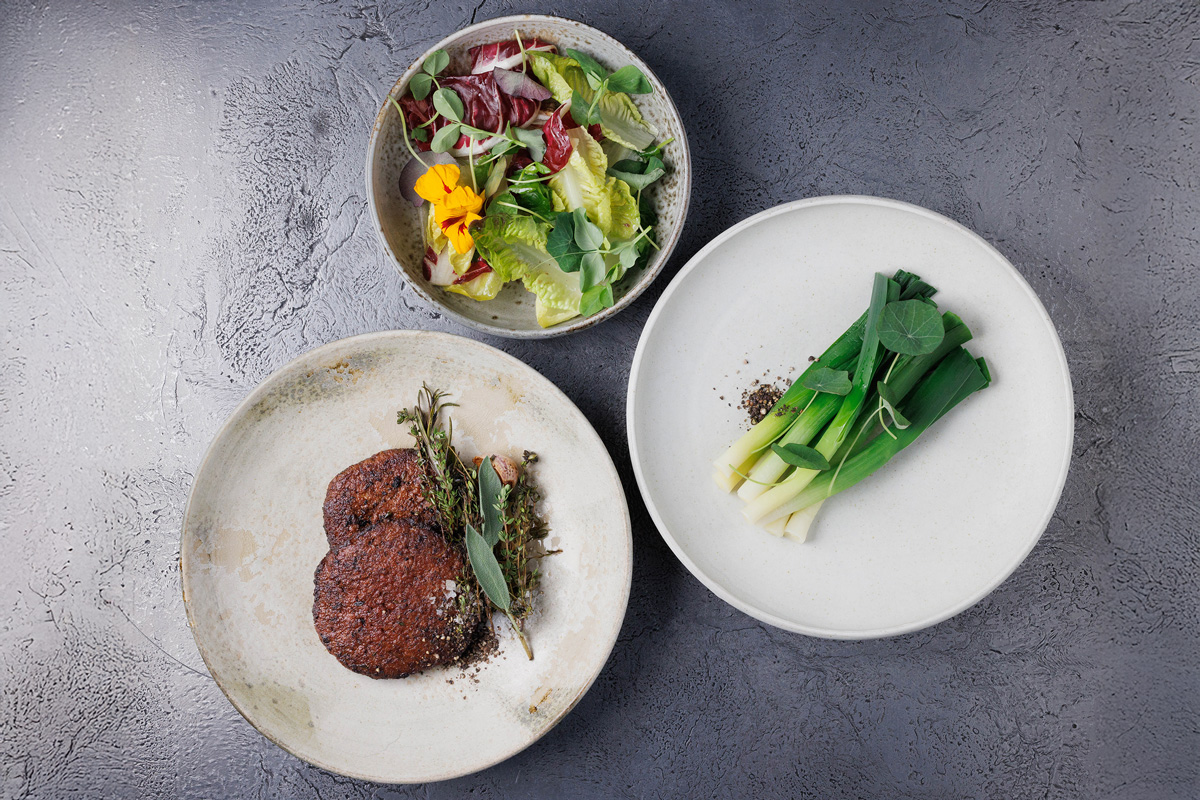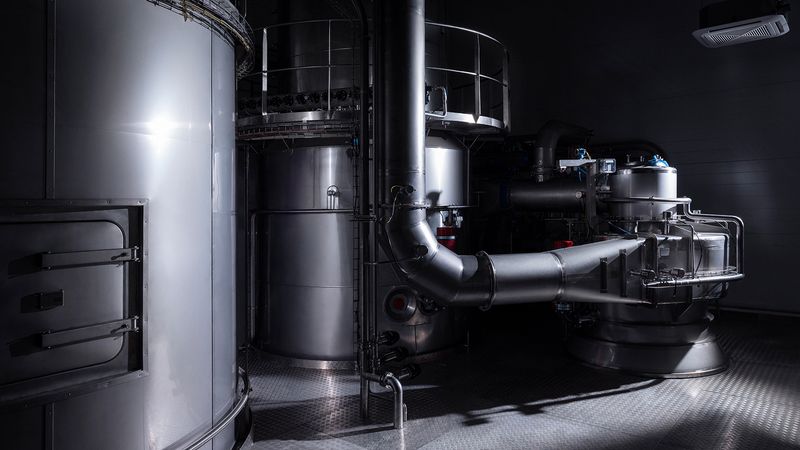

Global consortium advances food prototypes made from CO₂-derived acetate
A pioneering international consortium developing food ingredients from CO₂ is entering a new phase, moving from proof-of-concept into consumer-ready prototypes. With renewed funding of DKK 162.2 million (€21.7 million/US$23.2 million) split evenly between the Gates Foundation and the Novo Nordisk Foundation, the Acetate Consortium is preparing to optimize, scale, and test food products made from acetate – a key step toward addressing climate change and food insecurity.
The initiative, which began in 2023, has focused on replacing sugar in fermentation processes with CO₂-derived acetate. By feeding microorganisms directly with acetate instead of sugar, the process bypasses traditional agricultural inputs, potentially eliminating land and water use from food production.
“We need tangible solutions that can feed more people without putting pressure on our natural resources and enabling food production in areas that have very little or no agricultural land,” commented Claus Felby, Vice President for Agri-Food at the Novo Nordisk Foundation. “When the consortium began its work two years ago, making food derived from CO₂ seemed like something taken from a science fiction movie. Within the next two years, we can expect to see actual prototypes of food products that will be tested by consumers.”
The second phase of the project will focus on scaling technologies, refining methods, and developing food prototypes. The consortium is broadening its membership to include experts in food science, consumer behavior, gastronomy, and socio-economic modeling, complementing the technical progress made so far. Denmark’s strengths in food research and biosolutions provide a foundation for the effort. The country’s experimental gastronomy scene will also play a role: Spora, founded by Michelin-starred chef Rasmus Munk of Copenhagen’s two-star Alchemist, has joined the consortium to help design and test food experiences.
“One of Denmark’s strengths is the ability to bridge research, industry, and gastronomy,” Felby said. “This makes us an ideal test country for new technologies such as this, where CO₂ can be used as a raw material for future food. Here we can develop and test prototypes in close collaboration with researchers, companies, and chefs, and share our findings to benefit communities and industries worldwide.”
During its initial phase, the Acetate Consortium achieved several milestones. Researchers developed microbial strains capable of growing on 100% acetate with protein contents above 40%. Pilot facilities were established at Aarhus University to demonstrate acetate production at modular scale, and the team identified key cost drivers for future commercialization, including electricity and infrastructure. These advances laid the groundwork for moving beyond laboratory experiments to scalable production. The coming two years will involve technical, economic, and environmental modeling to evaluate the full impact of the acetate-based platform.
The consortium brings together industrial, academic, and culinary partners including Topsoe, Novonesis, Orkla Foods, Spora, the Novo Nordisk Foundation CO₂ Research Center at Aarhus University, the Department of Food Science and the Department of Food and Resource Economy at the University of Copenhagen, Northwestern University, and Copenhagen Process. The Gates Foundation is funding activities at Novonesis, Copenhagen Process, and Northwestern University, while the Novo Nordisk Foundation is supporting the other partners.
The work is framed by a growing recognition that traditional agriculture cannot alone meet the nutritional needs of a global population projected to reach 10 billion by mid-century. Using CO₂ as a feedstock for food ingredients offers a way to decouple production from farmland, reduce environmental impact, and increase resilience against geopolitical and climate-related disruptions. If successful, acetate-fed fermentation could enable production of proteins and other nutrients without the volatility of conventional supply chains. Prototypes created during the next phase will provide the first tangible demonstration of how CO₂-derived food could fit into diets and consumer products.
Felby described the collaboration as a showcase of what can be achieved when research and industry align. “The consortium is a good example of what we can achieve with biosolutions when researchers and companies combine their strengths and work toward a clear common goal,” he said.
By the end of its second phase in 2027, the Acetate Consortium aims to demonstrate not just prototypes, but a roadmap for commercial scaling. While challenges remain, particularly around cost and infrastructure, the approach has the potential to offer both climate benefits and new pathways to food security. For now, the initiative represents one of the boldest attempts yet to reimagine food production from the ground up – literally transforming CO₂, one of the planet’s most pressing environmental challenges, into a source of nourishment.
If you have any questions or would like to get in touch with us, please email info@futureofproteinproduction.com






